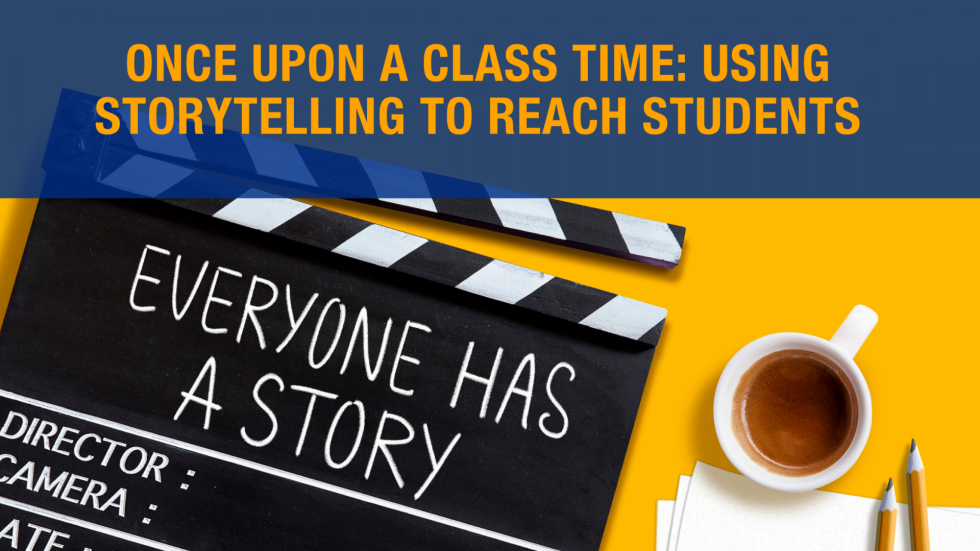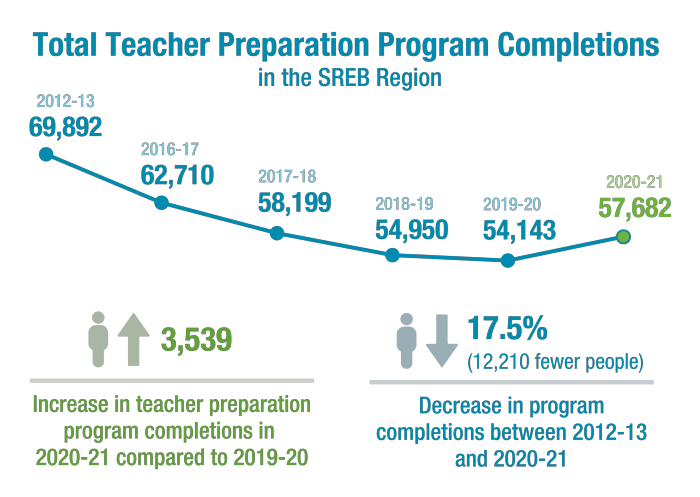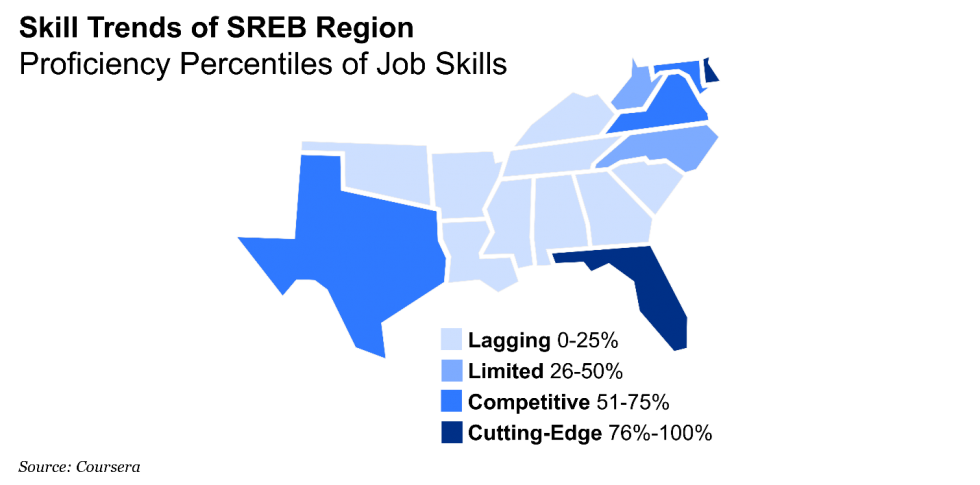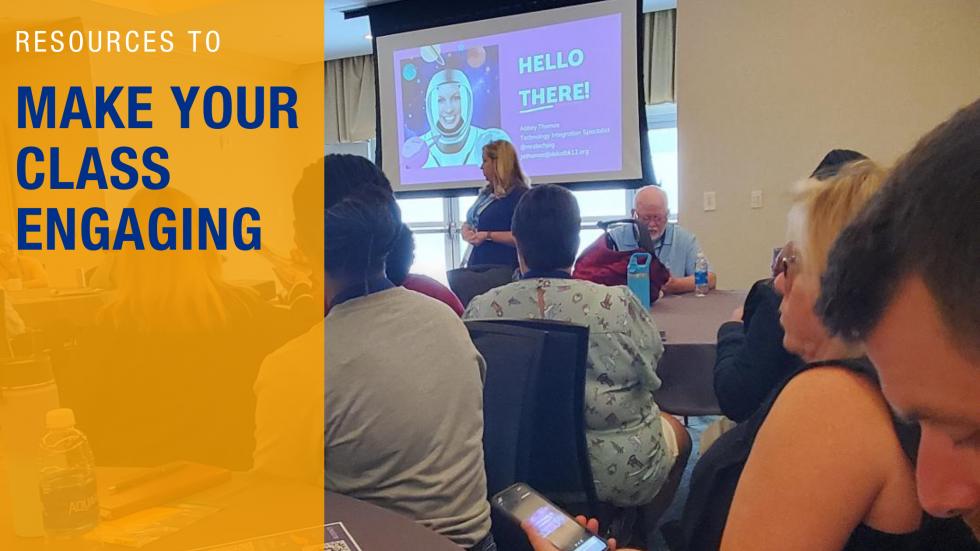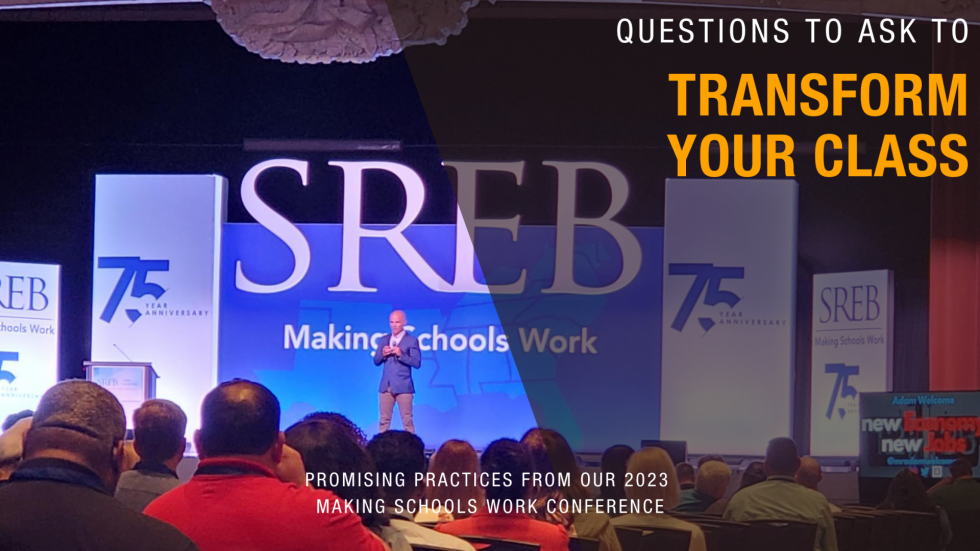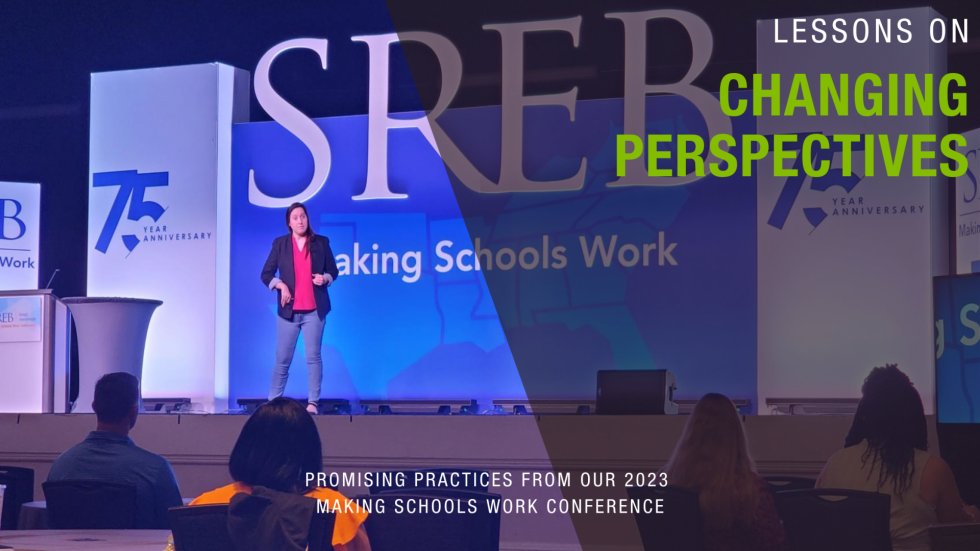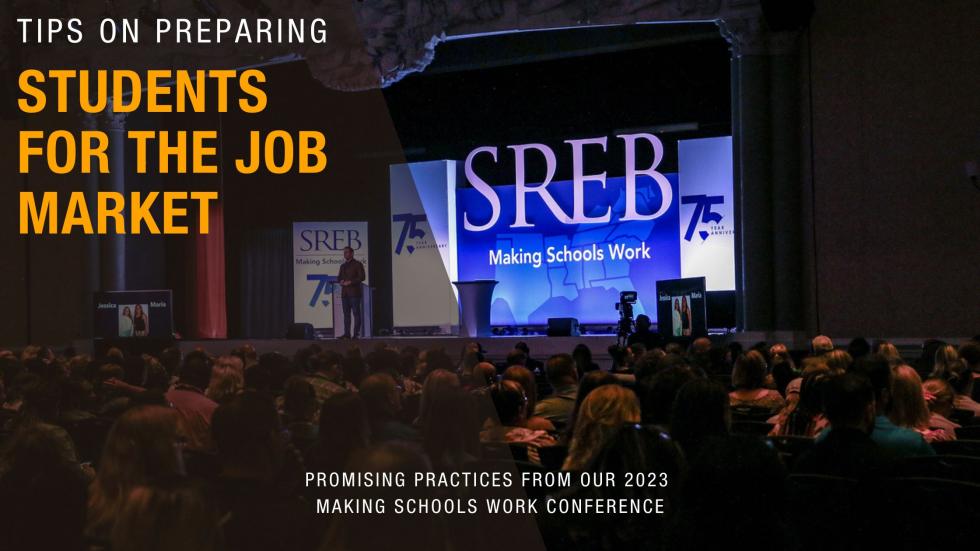Blog Main
Once Upon a Class Time: Using Storytelling to Reach Students
In this post, we talk about tips learned from middle school teacher Josh Bovill and his experience using his own story to connect with students in his class.
The Power of a Power Career Pathway: How Western York County Created a Utility Line Worker Program
How can you put all of the tips on creating career pathways we’ve been going over the last few weeks into practice? Let’s look at how York school district one and the Clover school district in South Carolina created a utility line worker program in their school district!
Teacher Pay Data: Reviewing trends and a teacher’s spending power in different areas of the South
Turning Childhood Dreams Into Career Development: How to Create a CTE Pipeline From Elementary to High School
At what age should you start your CTE pipeline? According to the team at Eastern Oklahoma County Technology Center, it may be earlier than you think. In this post, we talk about EOC Tech’s tips on creating a pipeline that reaches everyone from elementary students to high schoolers.
Tips on Starting a STEAM School: A Look at Jefferson Middle School
Jefferson Middle School in Columbia, Missouri, is a great example of a STEAM school that works. This is why their session at the 2023 Making Schools Work Conference was so great: They showed what made their program work and gave tips on how you can start a program at your school. And we compiled them here for you!
Mastering Master Schedules: Insight on Creating a Plan That Actually Works
How can you create a master schedule that is focused on rigor, remediation and resilience? In other words, how do you create a master schedule that will actually be useful to your teachers and students?
In this post, we talk about how Mill Creek Middle School in Tennessee utilizes promising practices in master scheduling that you may want to try for yourself.
Sharing Is Preparing: Collaborating With Students on Creating Success Criteria
We recently talked about the importance of using success criteria in your classroom. This isn’t something you have to do alone, though. Working with students to create these measures can be a great way to help them understand the purpose of your assignments.
In this post, we show you how student collaboration on success criteria can benefit everyone.
Let’s give our teachers what any employee needs to be successful
Knowing Isn’t the Same as Understanding: Tips on Aligning Your Curriculum to Encourage Deeper Learning
Students are good at learning the facts of the lesson to pass a test, However, it can be a lot harder to help them truly understand the material.
In this post, we talk about ways to help students move past knowing the assignment and reach a place of understanding…all while helping you align your curriculum to the standards.
SREB Region Lags Behind in New Skills Report
In the new Coursera Global Skills Report, the United States ranked 78 out 100 countries on job skills observed from Coursera’s learner base. The three job-relevant skill domains compared in the report were business, technology and data science.
Turn up the Boombox: How Music Can Boost Learning
Think about all of the times you’ve gotten a song stuck in your head. Music is powerful like that.
In this post, we talk about how you can take advantage of that power to help students learn. All you need to do is add a little music to your class!
Why Did the Teacher Cross the Road? To Get These Tips on Using Humor in the Classroom
In this post, we talk about all of the benefits of using humor in your classroom.
Then, once it’s clear how humor works, we’ll give you some ideas on how to incorporate it into your classroom.
7 Tools and Activities You Can Use to Keep Your Class Engaged
In this post, we give you ideas on activities you can do to make your class more engaging for your students.
If you have been looking for ways to make your class more interactive, then this is a great place to start.
New Economy, New Class: Adam Welcome Provides Questions to Ask to Transform Your Class
The world your students will encounter when they leave your classroom is different than the world you encountered when you left school. As job opportunities and technology changes, your classroom should change with it.
In the 2023 Making Schools Work Conference closing address, Adam Welcome shared ways to make sure your classroom is transforming with the times, and we have compiled them here for you.
Is Your Glass Half Empty or Full? Lessons From Kelsey Tainsh on Shifting Perspectives to Improve Schools
Kelsey Tainsh knows what it means to overcome adversity. At 15, a brain tumor caused her to become paralyzed. She didn’t let that stop her, though.
In her featured session at the 2023 Making Schools Work Conference, she talked about how a change in perspective can change everything, and what that means for your classroom.
Combining Education With Job Skills: Tips From the 2023 Making Schools Work Opening Address
In his opening address at the 2023 Making Schools Work Conference, Adam Welcome talks about how the changing economy means we need some changes to the way we teach.
Job experience and skills are more important than ever, and what those job skills will be are changing too. In this post, we give you insights into his opening address.
“WIG” Out With Daniel Rock: Tips on Using Data Effectively
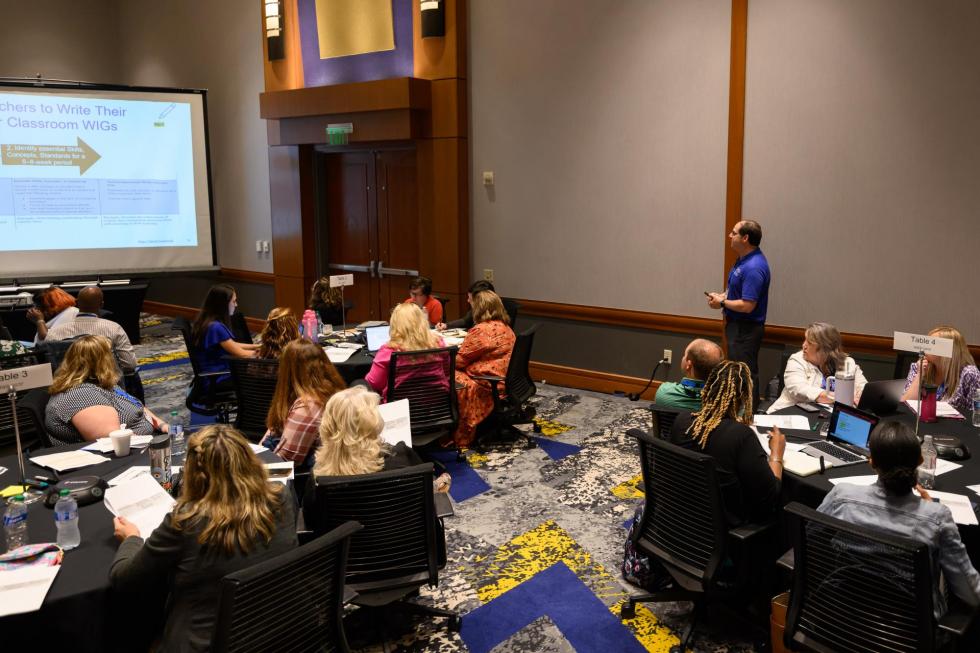 In the first two posts of this
4-part series on the 2023 Coaching for Change Conference, we’ve
talked about general
coaching tips and
ways to make your teachers feel appreciated. This week, we
are moving onto something a little bit more complex: data.
In the first two posts of this
4-part series on the 2023 Coaching for Change Conference, we’ve
talked about general
coaching tips and
ways to make your teachers feel appreciated. This week, we
are moving onto something a little bit more complex: data.
Thank You for Being So Great: Tips from Shelly Gibson’s Session on Encouragement
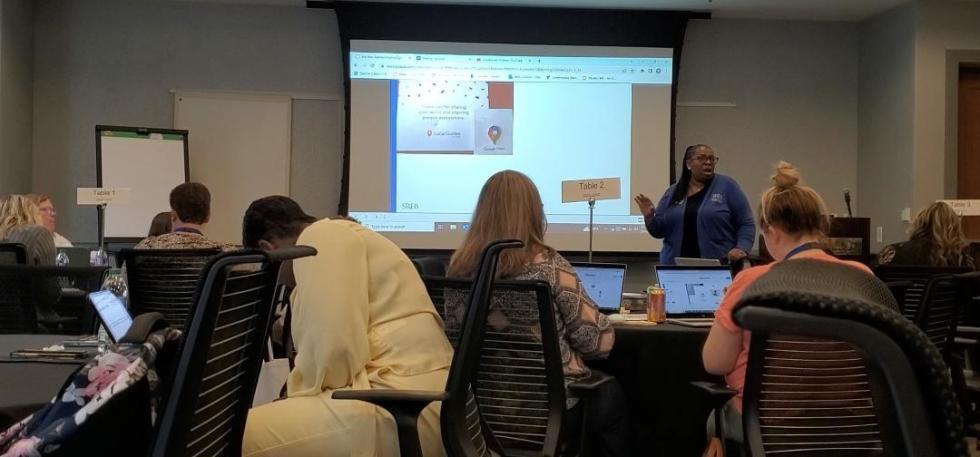 If you ever want to feel special, just go to a presentation by Shelly Gibson. That’s the case, at least, when she is talking about how to make teachers feel appreciated.
If you ever want to feel special, just go to a presentation by Shelly Gibson. That’s the case, at least, when she is talking about how to make teachers feel appreciated.
What We Learned at the 2023 Coaching for Change Conference
 Sometimes seeing an abandoned
hallway is scary…like if you are stuck in the middle of a horror
movie, for example.
Sometimes seeing an abandoned
hallway is scary…like if you are stuck in the middle of a horror
movie, for example.
Other times, it is a bad sign…like if you are throwing a big house party, it’s two hours after it was supposed to begin, and still nobody has showed up!
Still, though, at other times, it’s a sign of a success…like at the 2023 Coaching for Change Conference, where you could walk down any hallway during a session and not see anyone (because everyone was so involved in the great lessons being presented.)
Giving Feedback: The art of speaking up to collaborate and empower
An occasional series from the Doctoral Scholars Program on postsecondary topics
When I first started my Ph.D. program, I was taken aback that none of the talks offered to graduate students focused on how to give feedback to others. Plenty of workshops discussed how to receive feedback, but coming from an industry where feedback was encouraged and expected, I felt we were missing a part of a very important equation.


